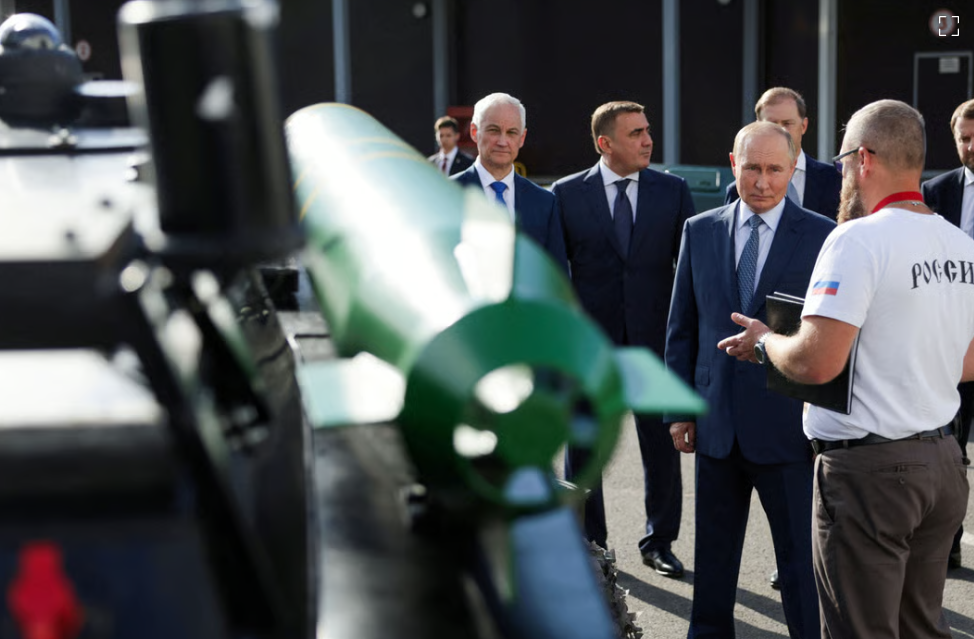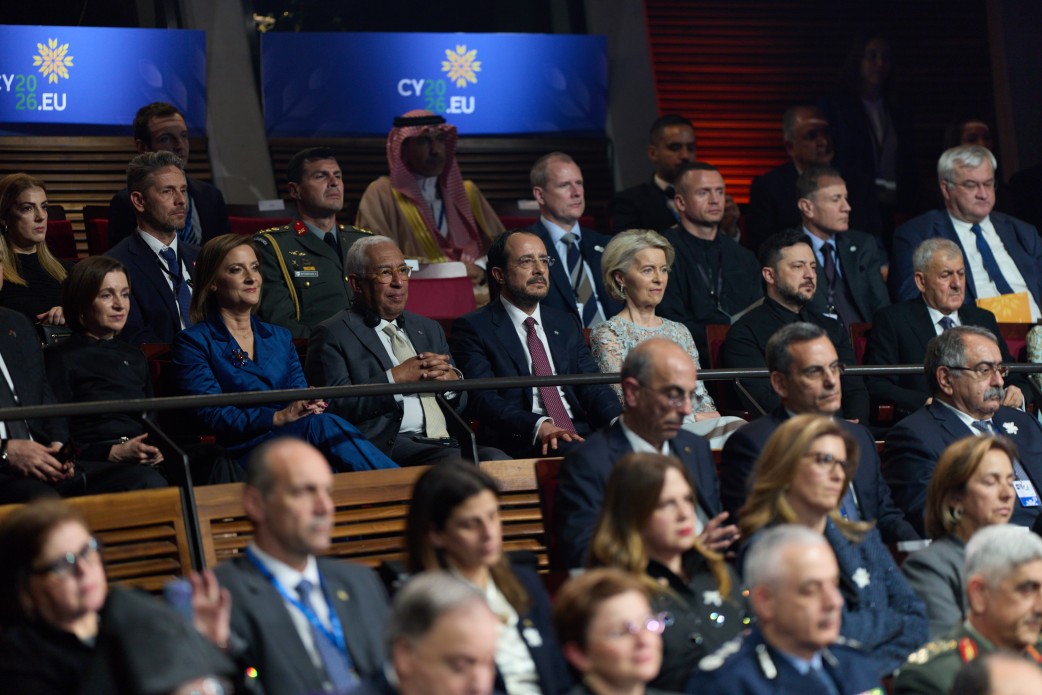Germany’s Chancellor Friedrich Merz stated that Russia is effectively already at war with the West—not through conventional military action, but via hybrid warfare tactics. He made these comments following the NATO summit in The Hague on June 25.
According to Merz, Europe—and Germany in particular—faces daily cyberattacks, sabotage of undersea communication cables in the Baltic Sea, disinformation campaigns, and AI-generated fake news.
“From this perspective, Russia is already attacking us,” Merz warned.
He pointed to illegal drone flights, espionage, and surveillance of military facilities as further evidence of Russia’s hostile activities.
“This is a different dimension and a different threshold between peace and war. It is a smooth transition,” he explained, stressing the need for clearer communication with the public about the nature of these threats.
Merz noted that Russia's use of such tactics has deep roots, including its support for terrorist groups and intelligence operations. In response, Germany has created a fourth branch of the Bundeswehr focused on cyber defense and plans to increase investment in these areas.
He called on EU and NATO allies to deepen cooperation in intelligence and reconnaissance, emphasizing that the evolving threat landscape requires new forms of collaboration.
On the possibility of a direct Russian attack on NATO territory, Merz acknowledged differing assessments of whether Moscow might test the Alliance’s defenses.
“This doesn’t concern only Hungary but at least one other EU country,” he added, without naming it.
Merz reiterated his goal of transforming the Bundeswehr into “the strongest conventional army in the EU” and expressed Germany’s readiness to take a leading role in NATO’s European pillar. To that end, Germany will continue increasing defense spending and strengthening its defense industry.





















